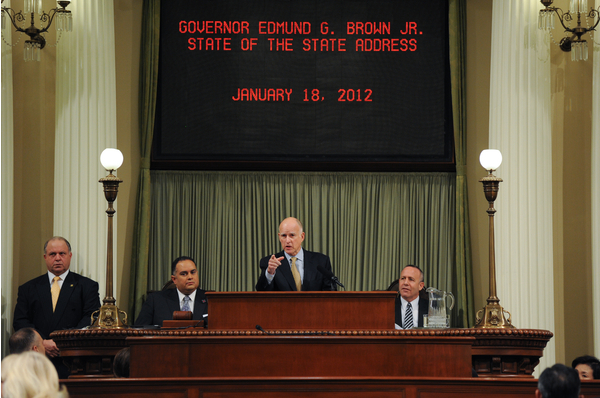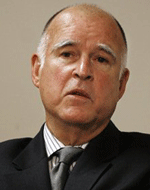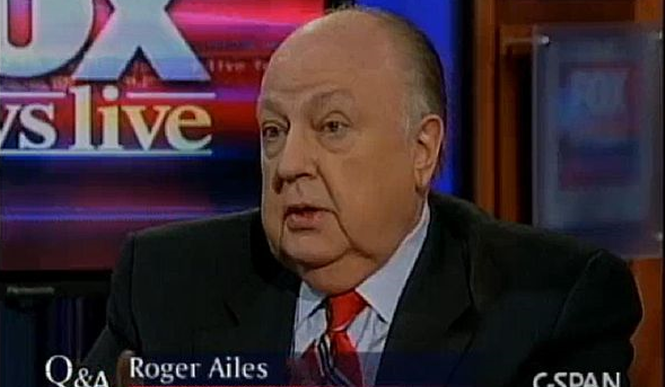CalSTRS Reduces Earning Forecast Rates to 7.5 Percent
 Move Puts Further Pressure on CalPERS to Do Likewise
Move Puts Further Pressure on CalPERS to Do Likewise
In a move with huge implications, the governing board of the California State Teachers’ Retirement System (CalSTRS), the pension fund for teachers, lowered their investment return assumption from 7.75 percent to 7.5 percent.
According to a release on Thursday, “The change is part of a four-year experience analysis that sets the parameters for determining the financial health of the system.”

 However Other Groups Continuing to Back Millionaire’s Tax
However Other Groups Continuing to Back Millionaire’s Tax There is little doubt that Governor Jerry Brown, who has struggled to get a handle on the budget, will applaud the findings in a recent PPIC (Public Policy Institute of California) poll that shows 68 percent of likely voters (and 72 percent of all adults) favor the his tax proposal.
There is little doubt that Governor Jerry Brown, who has struggled to get a handle on the budget, will applaud the findings in a recent PPIC (Public Policy Institute of California) poll that shows 68 percent of likely voters (and 72 percent of all adults) favor the his tax proposal. A Look at Education in Governor Brown’s Budget Proposal
A Look at Education in Governor Brown’s Budget Proposal







